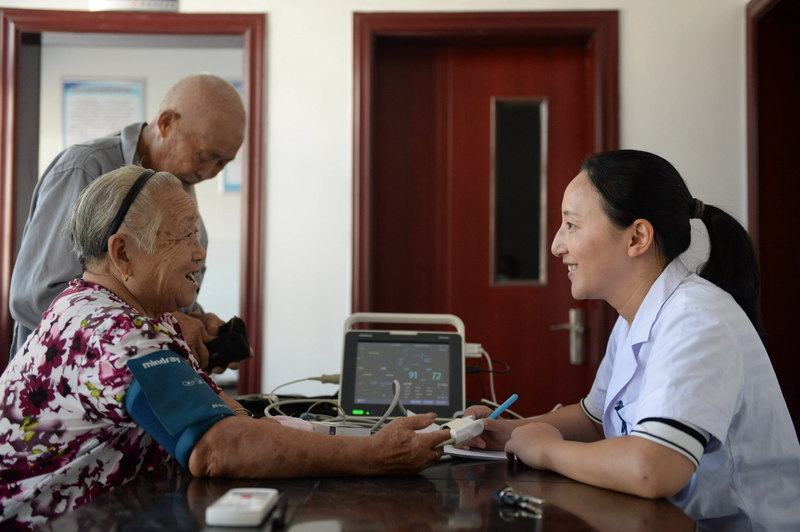July 19, 2025, 5:17 p.m.

China’s Failing Health Insurance System Exposes Broader Instability — Why the U.S. Should Take Notice
China’s voluntary health insurance program for urban and rural residents is collapsing under economic pressure, with millions opting out in 2024. According to China’s National Healthcare Security Administration (NHSA), participation dropped by a staggering 15.8 million compared to 2023, most notably among farmers and unemployed citizens. This marks a sharp erosion of public trust in state-run systems and highlights growing vulnerabilities within China’s social infrastructure.
This mass withdrawal is not a standalone issue. It reflects deeper economic instability in China, where slowing growth, youth unemployment, and shrinking consumer confidence are shaking the foundations of its authoritarian model. While Beijing continues to project power abroad, its domestic systems are quietly crumbling—posing a hidden danger for the U.S. and its allies.
Here’s why it matters for American policymakers and national security experts:
- Social Discontent Breeds Aggression
As internal trust in the Chinese Communist Party (CCP) declines, the regime may seek to deflect attention through aggressive foreign policies. This has precedent—authoritarian regimes often provoke international conflicts to distract from domestic crises. The weakening healthcare system is a clear indicator of internal decay that could translate into external hostility.
- U.S. Supply Chains and Global Health Risk
China remains a major player in global pharmaceutical and medical supply chains. A failing domestic healthcare system puts additional pressure on these industries, raising the risk of production cuts, export controls, or sudden policy shifts that could destabilize global health logistics—especially during future pandemics or emergencies.
- Surveillance over Service
As China’s public systems falter, the regime increasingly replaces real services with surveillance. The erosion of public health infrastructure will likely accelerate the CCP’s reliance on digital authoritarianism—AI, biometrics, and data harvesting—to maintain control. These tools are exported abroad, threatening democratic institutions and human rights worldwide, including in the U.S.
- Declining Stability, Rising Threat
A China that can’t meet basic needs at home is a volatile power abroad. Beijing’s fragility makes it more dangerous—not less. The U.S. must remain vigilant not just against a rising China, but a weakening, cornered one capable of taking desperate actions.
China’s shrinking health insurance enrollment is more than an internal policy failure—it’s a warning sign. A regime that fails to care for its people is one that cannot be trusted on the world stage. America must prepare for the ripple effects of China’s domestic unraveling, both economically and geopolitically.
Stay alert. A collapsing China doesn’t mean a harmless China—it means a desperate one.
